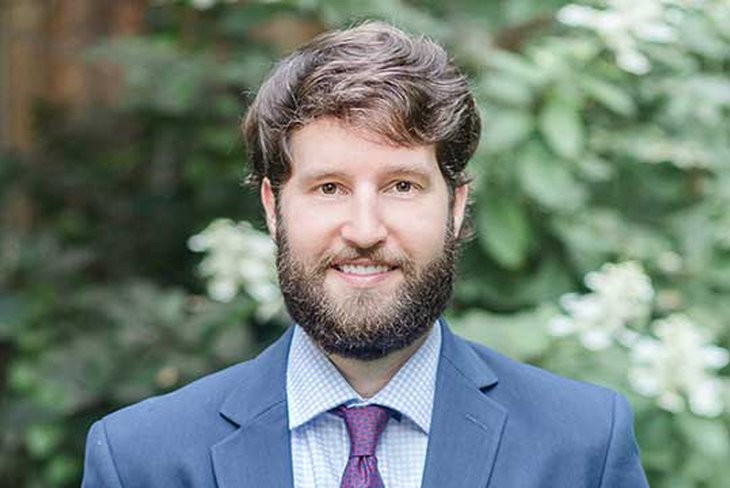Posted in: Lawyers › None

As fictional teen Ferris Bueller once said, “Life moves pretty fast. If you don't stop and look around once in a while, you could miss it.”
In his article “Ever Evolving Evidence” for September’s SC Lawyer Magazine, Richland County Associate Chief Magistrate Judge Daniel Coble reminds us about the importance of this quote when it comes to the intricacies of South Carolina evidence rules in the fast-moving courtroom, providing some of the latest updates to catch you up to speed.
While Coble recognizes the equal importance of all court rules – like Criminal Procedure and Civil Procedure – he has found that honoring the Rules of Evidence tends to require a faster response time. He especially noticed this distinction when he became a full-time Magistrate in 2017.
“I realized that these were the most important rules to learn because trials move quick and you don’t often have time to stop and pause a trial to look up an objection… I learned quickly that if I wanted to conduct efficient and competent trials then I needed to understand the Rules of Evidence.”
Finding the balance of knowledge between formalized Rules of Evidence straight from the classrooms at law school and their application in the court room is key, according to Coble. Once you leave school and are not frequently exposed to the formal guidelines, it is easy to let that knowledge fall into the background. This is where pieces like Coble’s “Ever Evolving Evidence” can step in to refresh your memory and fill in the gaps.
“I try to explain the most important foundational rules in a simple way that someone can remember. In the same way that you learn a foreign language, I believe that you should focus on the main rules that are constantly used in trials (hearsay, character, impeachment, authentication) and build out from there,” Coble says. “The most important reason to learn the application of the Rules of Evidence is because it will give you confidence in your next trial. There is nothing more intimidating than being on the receiving end of an objection and not having a clue about what they’re talking about.”
Coble’s commitment to effective law practice does not stop with his own personal discipline, either. To keep his tips, tricks and comments about his experience on the bench organized and easily-accessible, Coble launched his blog Everyday Evidence in September 2018.
“I started my blog Everyday Evidence simply as a way to write down and remember the many things I was learning on the bench,” Coble reflected. “As a judge, you have to be a generalist and be able to quickly find the answer you need. I started with a physical notebook where I wrote down case law and quotes. I eventually converted this over to the blog and have been writing consistently ever since.”
Now, academics, judges and practitioners can turn to the blog as a one-stop resource to gain broader perspective and expand justice for all.
Besides his practice and publications, Coble stays busy through service on the SC Bar’s Publication Committee, Ethics Advisory Committee and the Practice and Procedure Committee. Balance is a central tenet of Coble’s philosophy, though, and he encourages younger practitioners to return every phone call and email, ensure the best quality of work in what they do and still leave time to unwind. Coble’s time spent away from the profession includes listening to the Red Hot Chili Peppers’ “Californication,” his ride-or-die album of choice.
“It’s very important to not stretch yourself too thin and make too many commitments both in your professional career and community involvement. Not only will you stress yourself out too much, but you also won’t be able to fully focus on each task you have,” Coble emphasized. “I try to not take on too many things at once. By serving on just several committees with the SC Bar, it allows me to take on whatever task I may be assigned and hopefully give a good product in return.”
